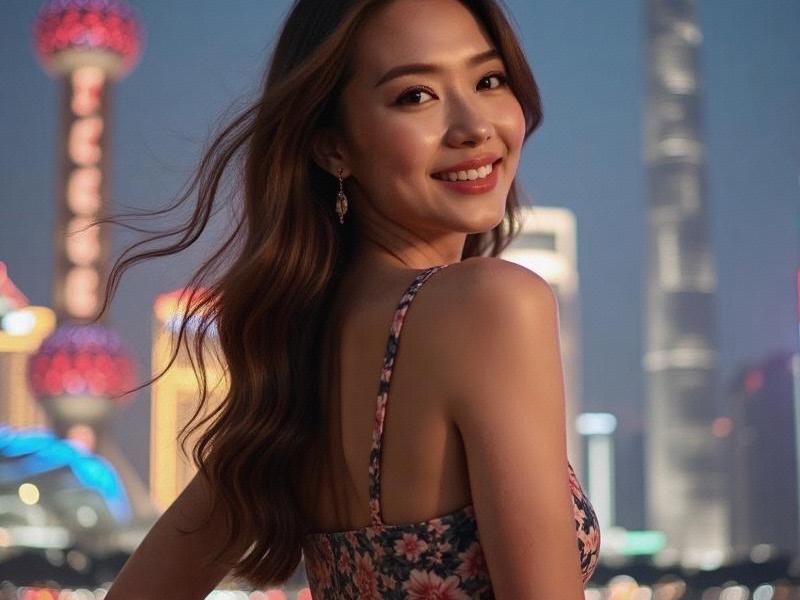This investigative report examines Shanghai's booming high-end entertainment scene, exploring how luxury clubs and karaoke venues are adapting to China's evolving nightlife culture and regulatory environment in 2025.

The neon lights of Shanghai's entertainment districts tell a story of transformation. As China's financial capital enters 2025, its nightlife industry has undergone a remarkable metamorphosis - from the gritty karaoke bars of the 1990s to today's ultra-luxurious multi-sensory entertainment complexes that rival those in Las Vegas and Dubai.
The Bund's newest landmark, Cloud Nine, exemplifies this evolution. Spanning three floors of a historic Art Deco building, this members-only club combines a Michelin-starred restaurant with immersive digital art installations and acoustic-engineered private karaoke suites. "We're selling experiences, not just alcohol," explains founder James Liang, a Stanford-educated entrepreneur. "Our average customer spends ¥8,000 per visit, but they're paying for exclusivity and Instagrammable moments."
Shanghai's entertainment sector now generates ¥87 billion annually, with high-end venues (those with minimum spends above ¥5,000) accounting for 38% of revenue. The city boasts 47 establishments classified as "ultra-luxury" - more than any other Asian city except Tokyo. These venues have become networking hubs for China's business elite, with 68% of corporate entertainment budgets now allocated to premium clubs rather than traditional banquet halls.
上海龙凤419足疗按摩
The industry's growth comes with increased scrutiny. Strict 2024 regulations require all entertainment venues to implement facial recognition systems linked to police databases, while mandatory 2am closing times (extended to 3am in the Free Trade Zone) have reshaped business models. "We've shifted focus from late-night partying to earlier premium dining experiences," notes Mia Zhang of M1NT Shanghai, where 70% of revenue now comes from pre-midnight operations.
Technology integration has become a key differentiator. At Galaxy Club in Xintiandi, guests wear RFID wristbands that track drink purchases while AI systems customize lighting and music based on crowd mood analysis. Virtual reality karaoke pods have become standard in upscale venues, allowing patrons to perform in digitally recreated global landmarks.
上海品茶论坛
The pandemic's legacy persists in hygiene standards. UV sanitization tunnels, once temporary measures, now feature permanently in 92% of high-end venues. Temperature checks have evolved into wellness screenings, with some clubs offering on-the-spot health diagnostics as part of their VIP services.
Cultural shifts are equally significant. While Western-style nightclubs dominated pre-2020, contemporary preferences favor hybrid spaces blending Chinese tea culture with mixology. The hottest new venue, Long Bar 2.0 on the Bund, features a 40-meter traditional tea counter alongside molecular cocktail stations. "Young Chinese consumers want global sophistication without sacrificing local identity," explains cultural analyst Emma Wong.
上海品茶网
As Shanghai positions itself as Asia's nightlife capital, challenges remain. Rising commercial rents have pushed 17% of mid-tier venues out of business since 2023. Labor shortages plague the industry, with top mixologists commanding salaries rivaling tech professionals. And the delicate balance between regulatory compliance and creative freedom continues to test operators.
Yet the market shows no signs of slowing. With three new mega-clubs scheduled to open before the 2025 Shanghai International Music Festival, the city's entertainment landscape keeps reaching new heights - both in altitude (several rooftop venues now occupy skyscraper tops) and in its relentless pursuit of next-level luxury experiences.